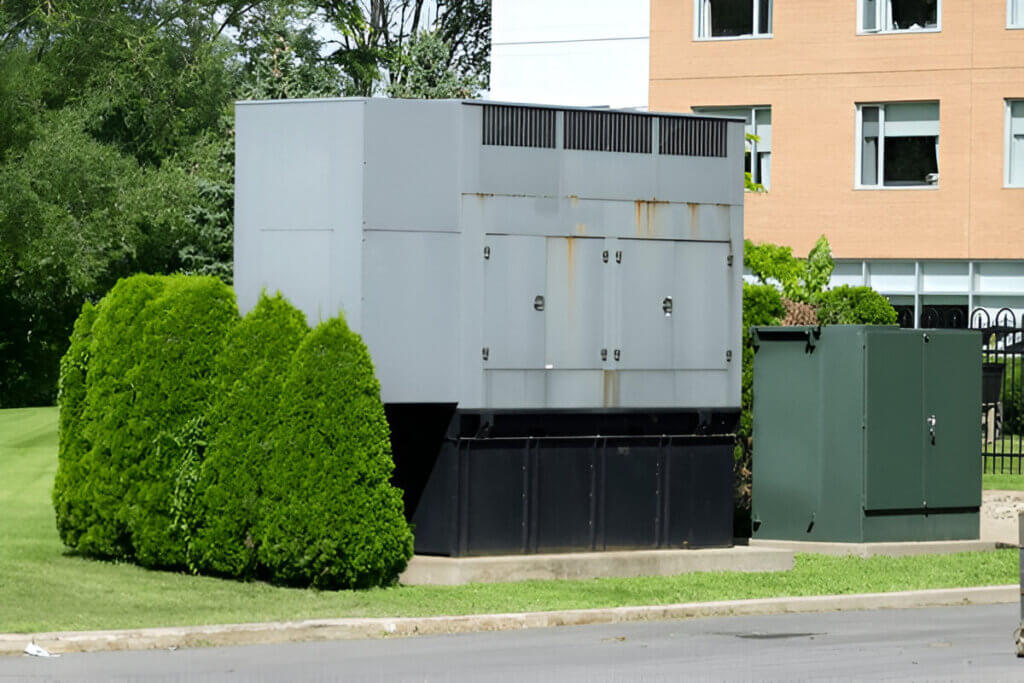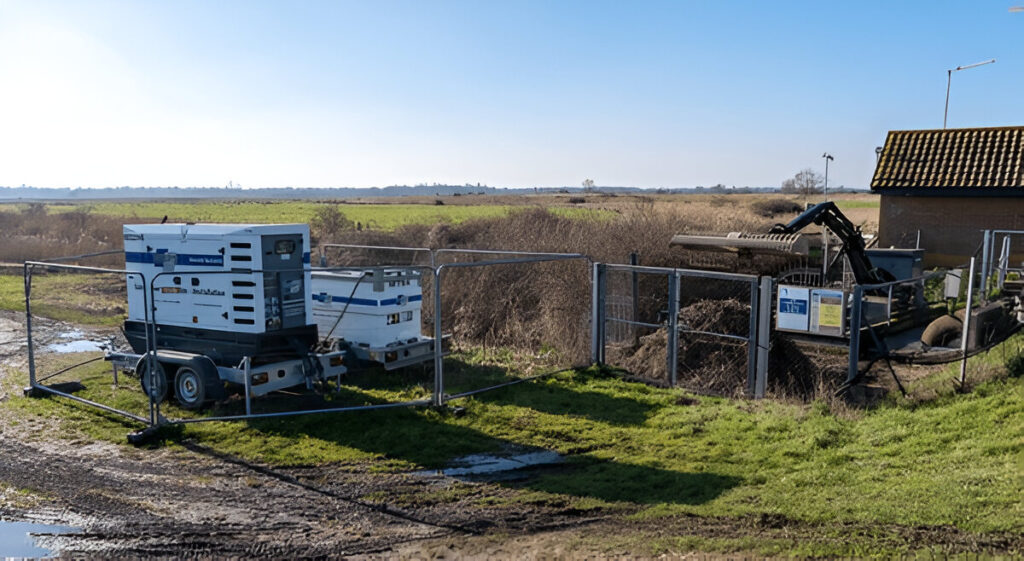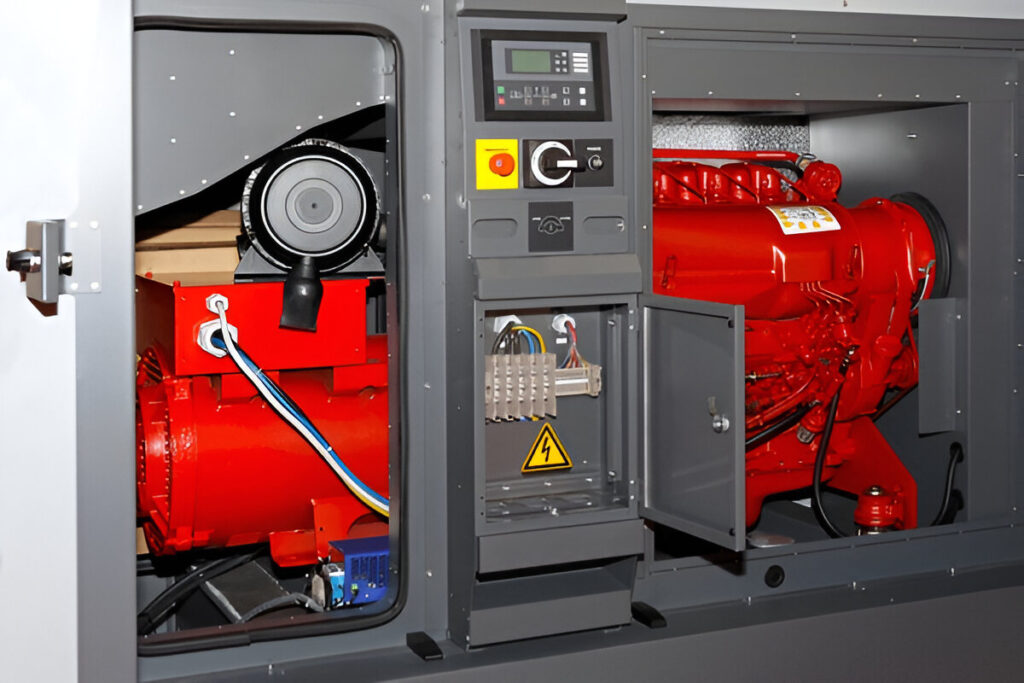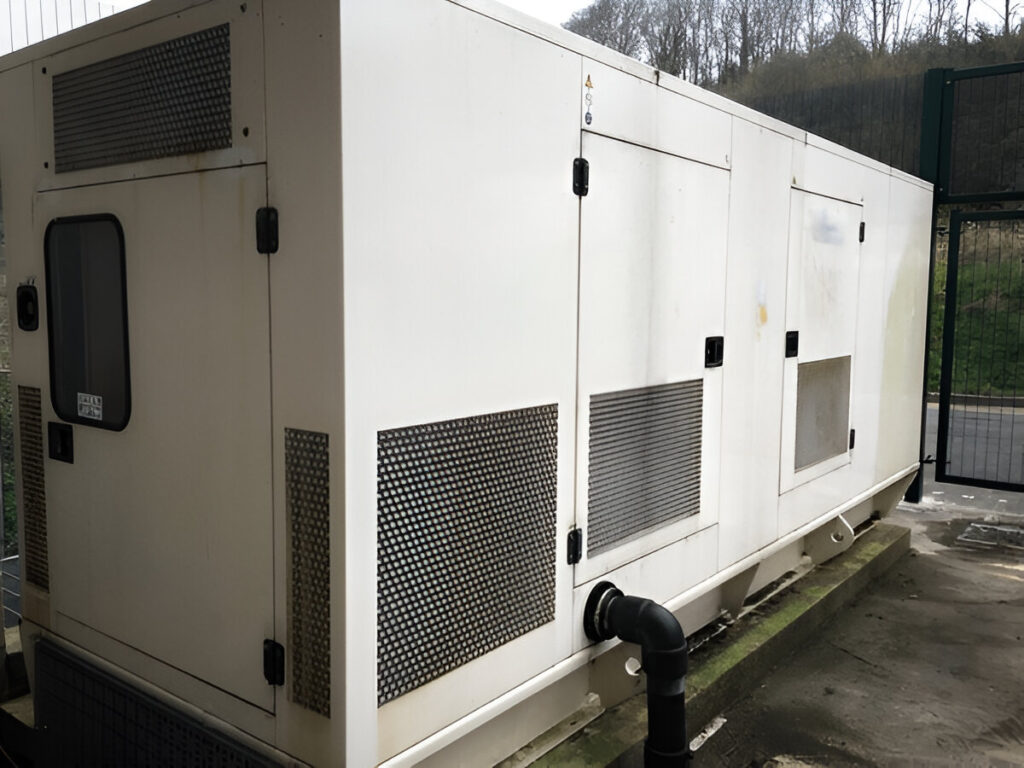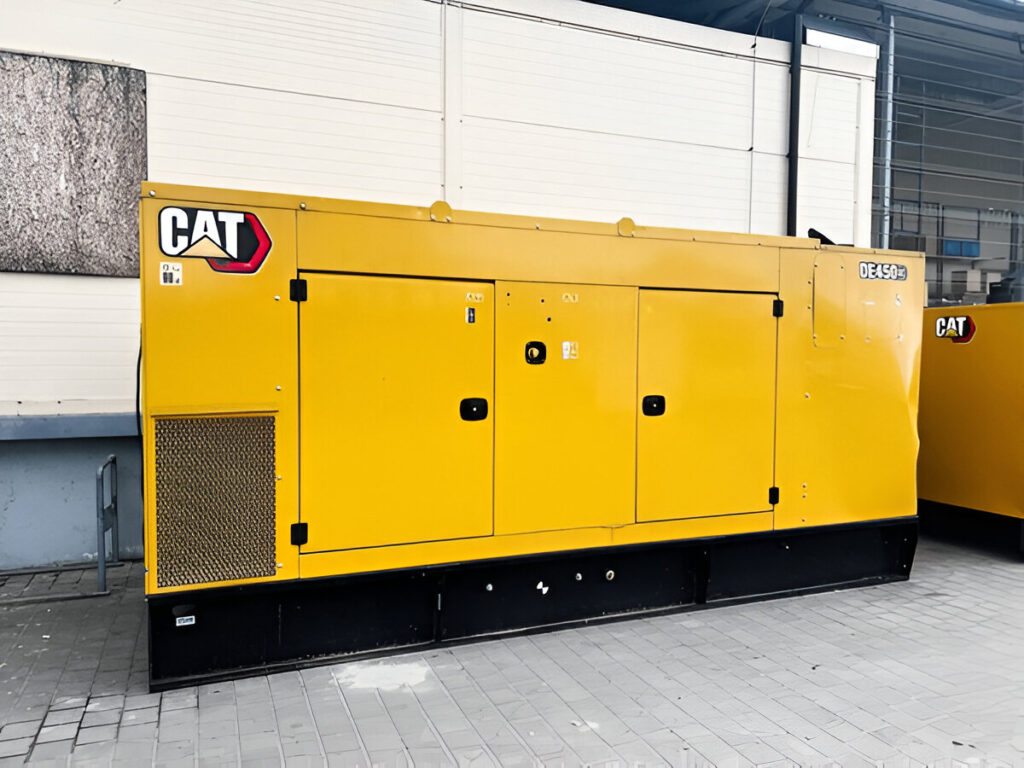When purchasing a generator, one of the most critical steps is calculating your power requirements. Understanding your energy needs ensures that you invest in the right generator—whether it’s a Caterpillar generator company model or a Cummins generator Canada unit. Proper calculation not only prevents overloading but also guarantees optimal performance and efficiency.
1. Understand Your Power Needs
The first step is identifying the total wattage of all the appliances and systems you intend to power. To do this:
- List Your Devices: Include lights, refrigerators, HVAC systems, and other essentials.
- Check Wattage Ratings: Refer to the user manuals or the labels on your devices to find their power consumption in watts.
- Account for Startup Power: Appliances like refrigerators and air conditioners require extra power to start. Multiply their running wattage by 1.5 to estimate their startup requirements.
2. Calculate Total Wattage
Once you have the wattage of each device, add them up to determine your total power requirement. For example:
- Lights: 200W
- Refrigerator: 700W (running) + 1050W (startup)
- HVAC: 1500W
Total: 3450W (including startup power for the refrigerator).
3. Choose the Right Generator Size
Now that you know your power requirements, select a generator with a capacity slightly above your total wattage to account for safety margins. For example, if your requirement is 3450W, a diesel motor generator with 4000W capacity would be ideal.
Types of Generators to Consider
- Diesel Fueled Generators: These are reliable and fuel-efficient, ideal for heavy-duty applications. Explore diesel fueled generators for a range of options.
- Portable Generators: Perfect for temporary or small-scale power needs. Check out the latest generator for sale.
- Used Generators: Cost-effective and dependable. Browse through our selection of used generators for sale.
4. Consider Additional Features
Beyond power capacity, evaluate additional features that enhance performance and durability:
- Generator Enclosures: Ensure your generator is equipped with a generator enclosure for noise reduction and weather protection.
- Fuel Type: Diesel generators are more efficient and longer-lasting compared to gasoline models.
- Brand Reputation: Trusted names like Caterpillar and Cummins are renowned for their reliability and performance. Explore models from the Caterpillar generator company and Cummins generator Canada.
5. Factor in Future Needs
It’s wise to plan for potential increases in power demand. Opt for a generator that can handle 10-20% more than your current requirements. This flexibility ensures you won’t need an upgrade soon.
6. Consult with Experts
If you’re unsure about your calculations or the type of generator to choose, seek professional advice. BC Generators offers expert guidance to help you make an informed decision. Whether you’re considering a diesel motor generator or exploring the latest generator for sale, our team is here to assist.
Final Thoughts
Calculating your power requirements is an essential step before buying a generator. By understanding your energy needs, evaluating different types of generators, and factoring in additional features, you can select the perfect unit for your home or business. Visit BC Generators to explore our extensive range, from diesel fueled generators to used generators for sale, and find the ideal solution for your power needs.

